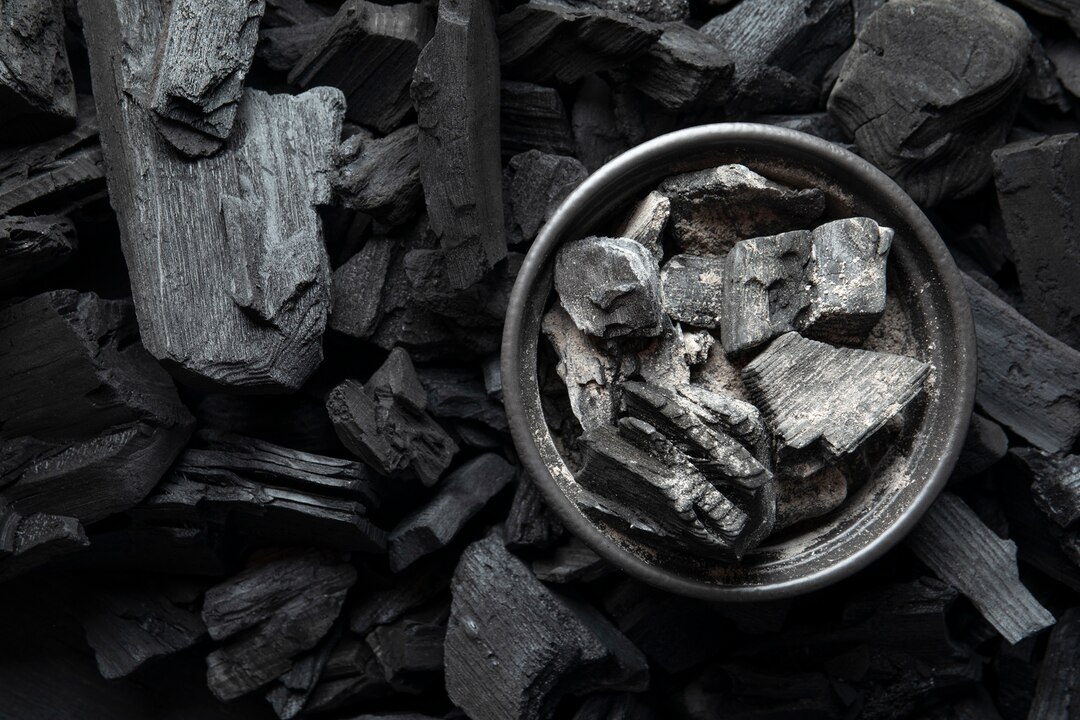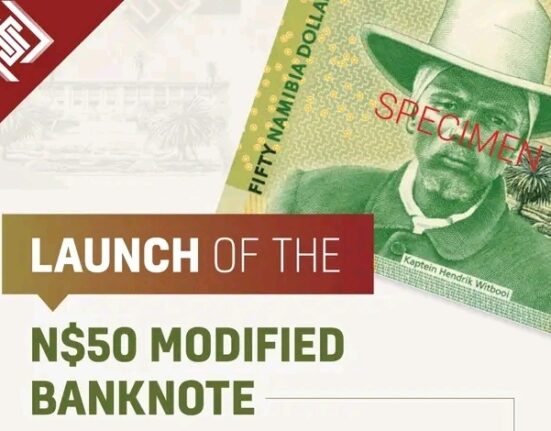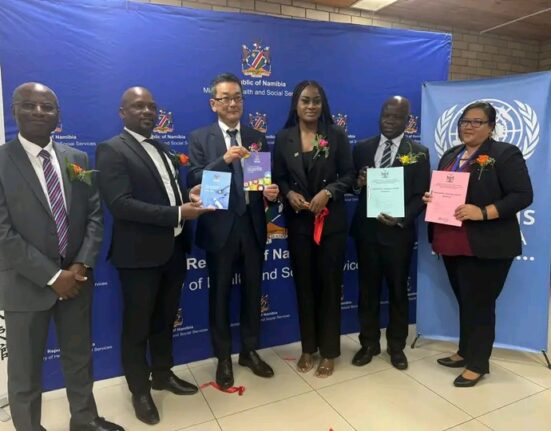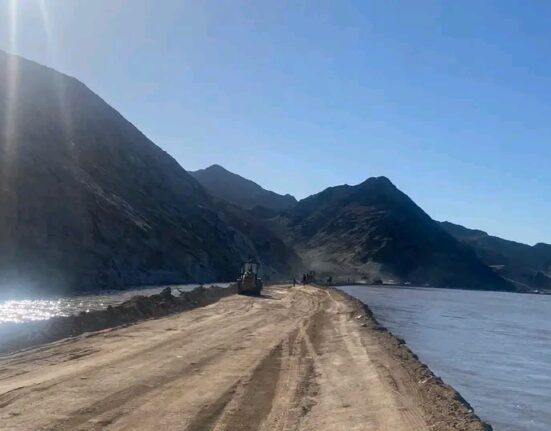Namibia, with its vast landscapes and unique environmental conditions, has emerged as one of Africa’s leading charcoal exporters. Over the years, the country has built a strong reputation in the global charcoal market, thanks to its high-quality products, sustainable practices, and strategic positioning. This article delves into Namibia’s journey to becoming a top charcoal exporter, the factors driving its success, and the challenges it faces in maintaining its status.
The Growth of Namibia’s Charcoal Industry
Namibia’s charcoal industry has grown significantly over the past decade. The country’s semi-arid climate and abundance of invader bush species such as Acacia mellifera and Dichrostachys cinerea provide an ideal environment for charcoal production. These species, considered invasive, have disrupted agricultural productivity, prompting the government and private sector to convert them into valuable resources like charcoal.
The Namibian charcoal sector has become a major contributor to the country’s economy. According to industry reports, the sector employs thousands of people, particularly in rural areas, and generates significant export revenue annually. With increasing global demand for high-quality charcoal, Namibia’s exports continue to soar, particularly to markets in Europe, the Middle East, and Asia.
Why Namibian Charcoal Stands Out
Several factors make Namibian charcoal highly sought after in the global market:
- High Quality
Namibian charcoal is renowned for its high carbon content, density, and low ash production, making it ideal for grilling, industrial heating, and water filtration. The long burn time and minimal smoke production also contribute to its appeal. - Sustainable Production
Namibia has prioritized sustainable practices in charcoal production. The country enforces strict regulations to ensure the controlled harvesting of invader bush species and promotes environmentally friendly methods. Certification programs like Forest Stewardship Council (FSC) certification are increasingly adopted by Namibian producers, reassuring international buyers of the charcoal’s sustainability. - Strategic Location
Namibia’s proximity to major export markets, particularly Europe, gives it a logistical advantage. The country’s well-developed transport infrastructure, including ports like Walvis Bay, facilitates smooth and efficient export processes.
Major Export Markets
Namibia exports most of its charcoal to European countries, including Germany, the United Kingdom, and the Netherlands. These markets demand premium-quality charcoal, particularly for use in barbeques and high-end culinary establishments. Namibia also supplies charcoal to the Middle East, where it is used in traditional cooking methods, and to Asian countries, where it serves both industrial and domestic purposes.
Economic and Social Impact
The charcoal industry has become a lifeline for many rural communities in Namibia. By creating jobs in production, transportation, and export logistics, it has contributed to poverty alleviation and rural development. Additionally, the industry plays a vital role in addressing the issue of bush encroachment, which has affected over 30 million hectares of Namibian land. Charcoal production not only restores agricultural land but also enhances biodiversity.
Challenges Facing Namibia’s Charcoal Industry
Despite its success, Namibia’s charcoal industry faces several challenges:
- Environmental Concerns
While the industry promotes sustainable practices, overharvesting and unsupervised activities can lead to environmental degradation. Maintaining strict oversight and ensuring compliance with sustainability standards is crucial. - Labor Issues
The charcoal production process involves physically demanding labor, often under harsh conditions. Ensuring fair wages, safe working environments, and access to healthcare for workers remains a priority. - Competition from Other Exporters
Countries like South Africa, Nigeria, and Kenya are also strong players in the global charcoal market. Namibia must continue to innovate and maintain its quality standards to remain competitive. - Climate Change
Erratic weather patterns caused by climate change can affect the growth of invader bush species, potentially impacting the raw materials available for charcoal production.
Future Prospects
The future of Namibia’s charcoal industry looks promising. The global shift toward renewable and eco-friendly energy sources presents new opportunities for charcoal producers. Namibian companies are exploring value-added products like biochar, which is used for soil improvement and carbon sequestration. Investments in modern production technologies and adherence to international certifications will further strengthen Namibia’s position in the global market.
Additionally, government initiatives and public-private partnerships continue to drive the industry’s growth. Programs aimed at improving production efficiency, worker welfare, and environmental conservation are being implemented to ensure the sector’s long-term sustainability.
Namibia’s rise as a top charcoal exporter in Africa is a testament to its resourcefulness and commitment to sustainable practices. The industry has not only boosted the country’s economy but also provided solutions to environmental and social challenges. As global demand for high-quality, eco-friendly charcoal continues to grow, Namibia is well-positioned to maintain its leadership in the market. By addressing existing challenges and seizing emerging opportunities, the country can solidify its reputation as a reliable and responsible supplier of premium charcoal.













